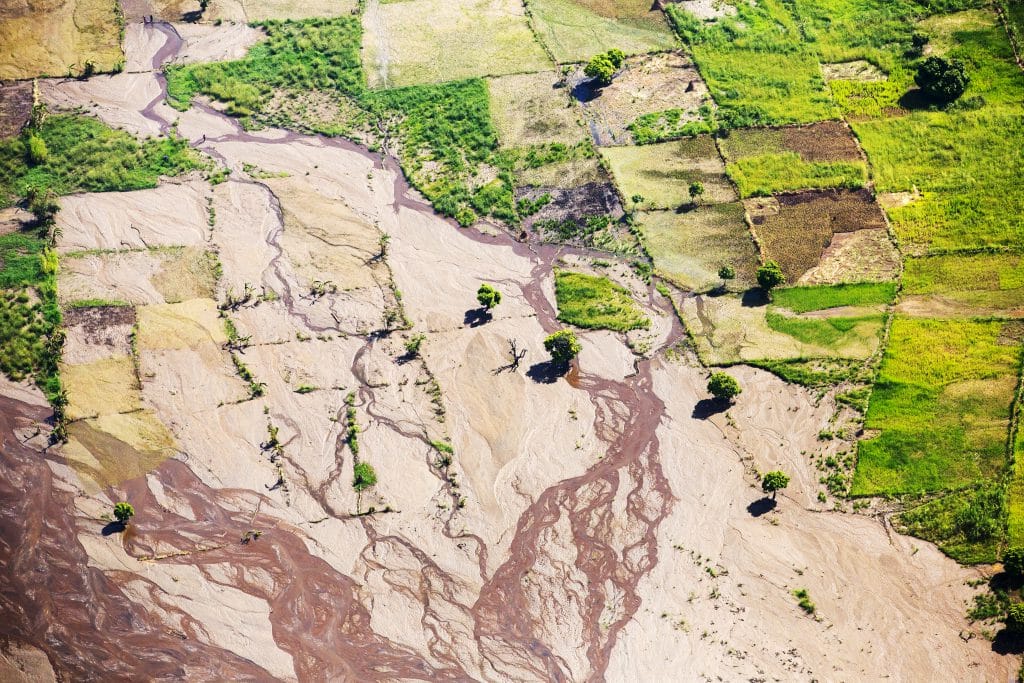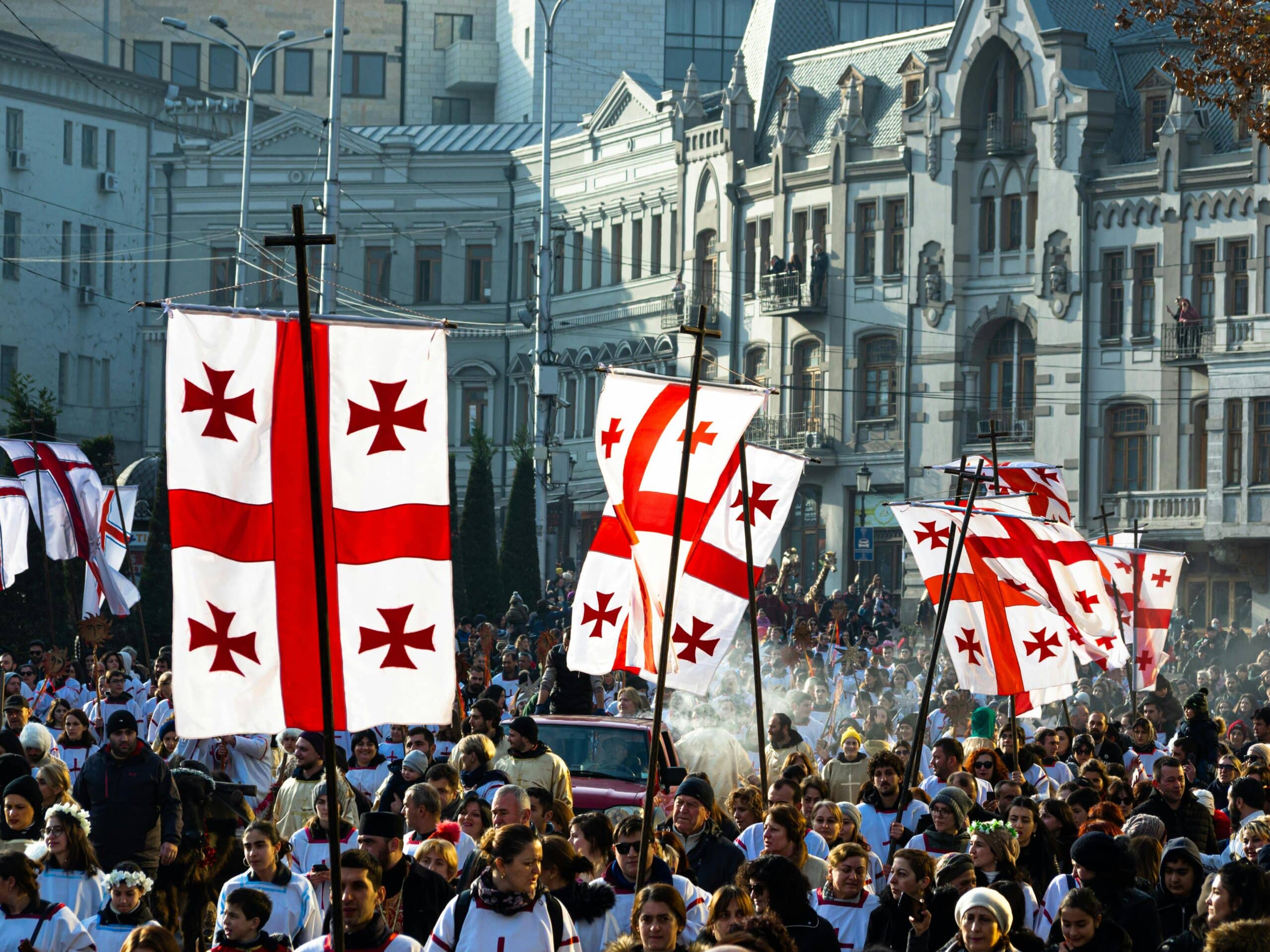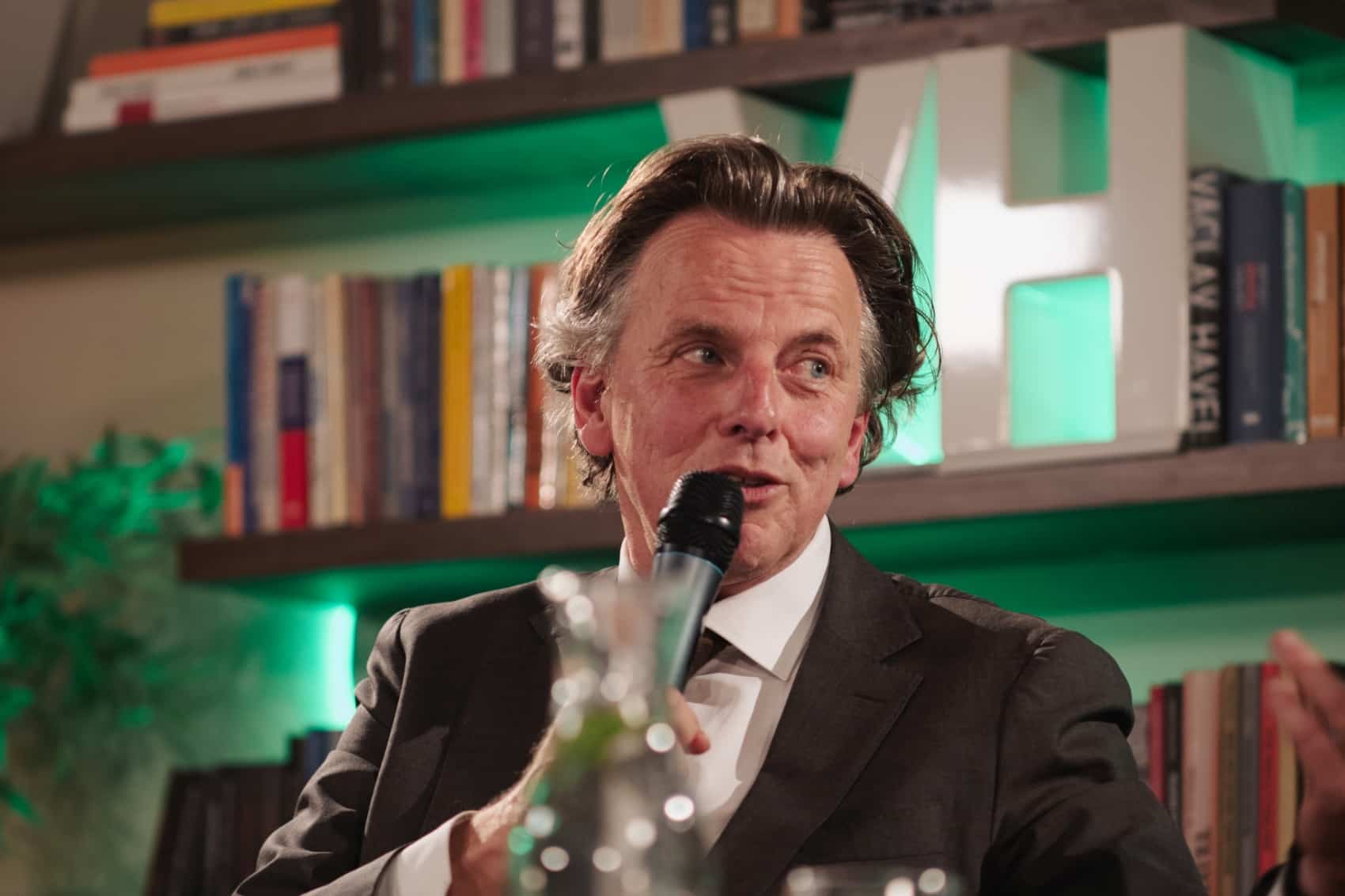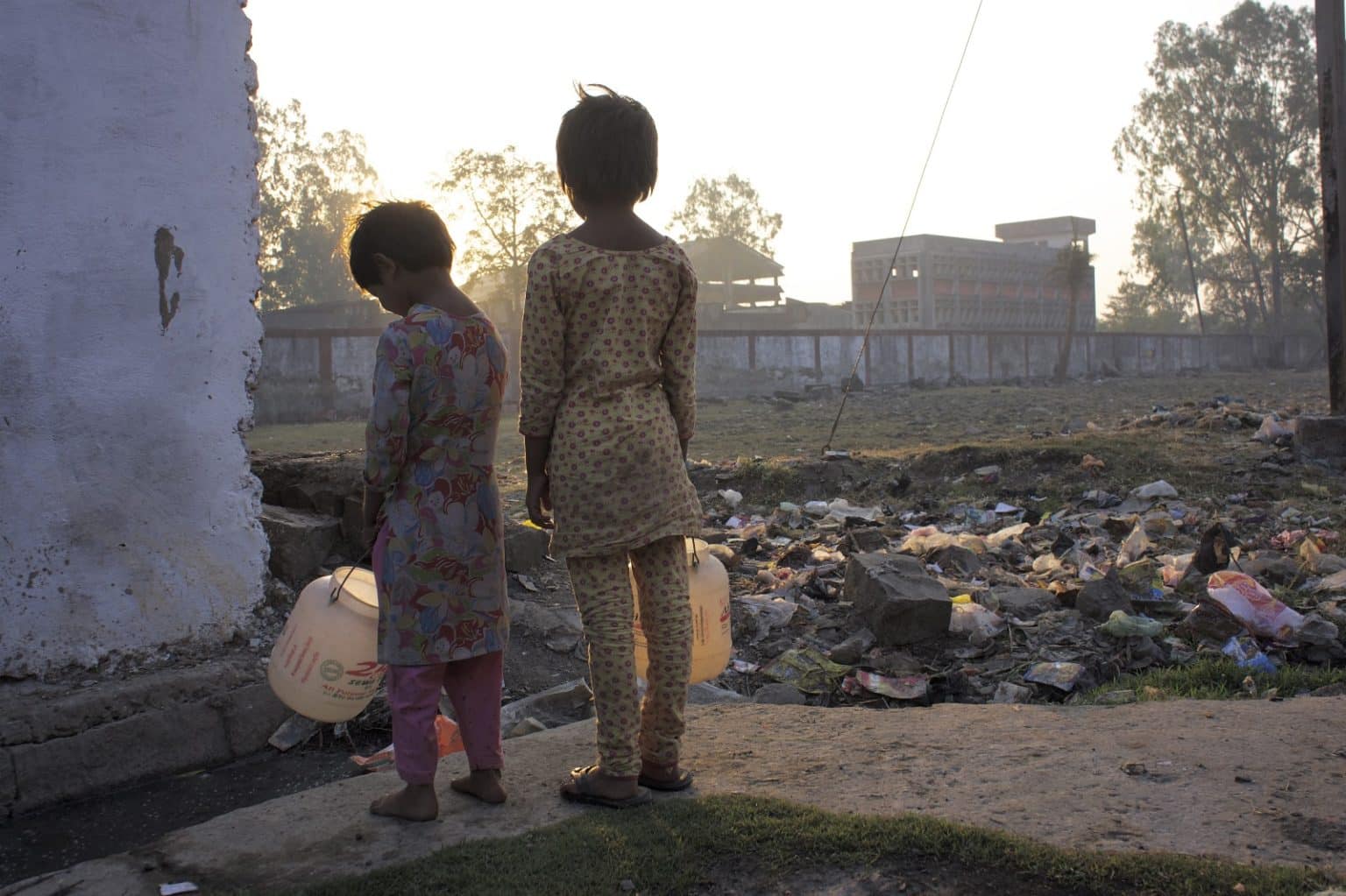It was a stirring two weeks in Glasgow early this month, as virtually every country in the world gathered there for the UN Climate Summit. The run-up to it was not smooth either. The summit had already been scheduled for 2020, but the corona crisis delayed it by a year. Then there were concerns about entry restrictions, making it more difficult for delegations from developing countries to travel to Scotland. A major problem, as developing countries are precisely the hardest hit by climate change and thus deserve a very prominent place at the negotiating table.
Last Saturday, a day later than planned, the countries finally came out with their final declaration. The reactions on it are mixed. Some call it an "important signal", while others mainly stress that the summit "failed miserably". For although Rutte began the summit with the importance of "action, action, action", there is still no appropriate response to the climate crisis.
Insufficient financial support to developing countries
It is crucial that big steps are taken soon. Countries in Africa, and many other developing countries, are already experiencing major impacts of climate change on a daily basis, while contributing almost nothing to it. To overcome this, there is climate finance: rich countries thus support developing countries in the fight against climate change. This climate summit was, in part, about raising the ambition for this climate finance.
Rich countries had already pledged to provide $100 billion a year in climate finance from 2020. As we also noted in our most recent study demonstrate, this amount has not been met AND is insufficient in itself. Unfortunately, no binding steps have been taken in Glasgow to increase this amount now. This is a big missed opportunity!
Global warming continues
There has also been strong criticism that the 1.5-degree target seems unachievable with the results of this climate summit. This would be devastating for many developing countries that are already suffering huge impacts. It is crucial that rich countries, in addition to increasing their aid to developing countries, do more themselves to combat climate change. One good step is that many countries, including the Netherlands, have said they will abolish fossil fuel subsidies.
Clearly, there is still much work to be done. And here, it is important that those who are most affected by climate change are heard and are part of the solution. In this respect, it is not enough to sit at the table as heads of government every year; civil society in developing countries must also be given an important voice. Also in our policies here in the Netherlands and Europe.
Want to know more about what the Netherlands and Europe can do for this? Then read the policy recommendations in our latest study Climate justice: African perspectives & EU policies, a call for action.
Photo: Ashley Cooper





